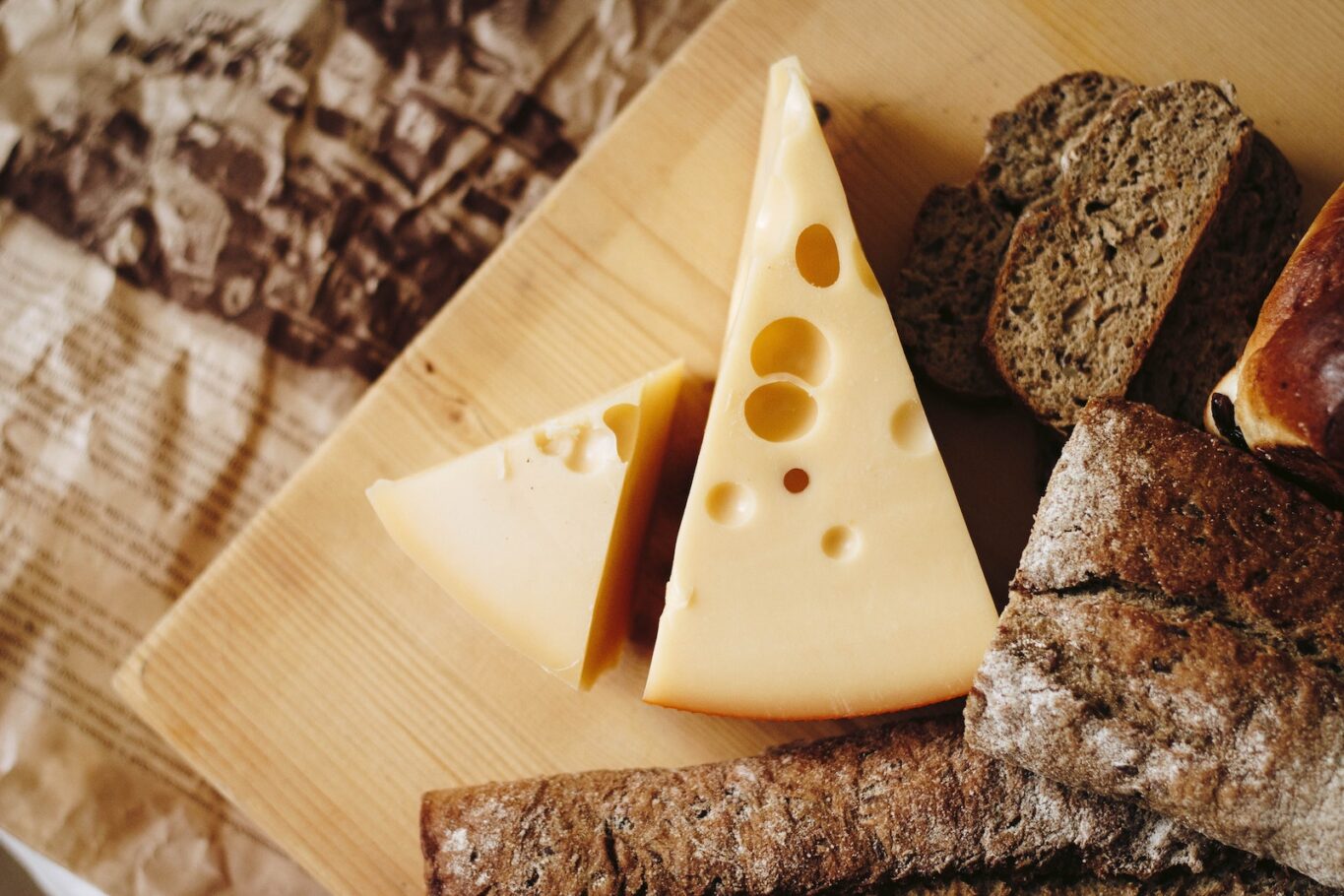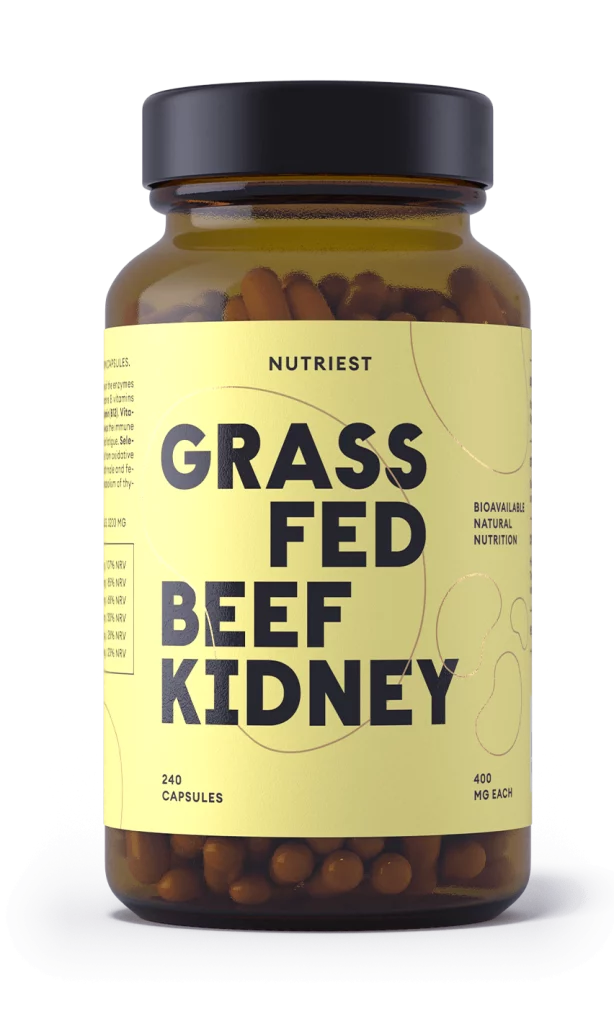I may get commissions for purchases made through links in this post. This helps me to offer you free recipes and blog posts.
Celiac disease is an autoimmune disorder that affects the small intestine. It is triggered by the ingestion of gluten, a protein found in wheat, barley, and rye. Histamine intolerance, on the other hand, is a condition in which the body is unable to break down histamine properly. Histamine is a natural compound produced by the body and found in some foods, and it plays a role in the immune response. In this article, we will explore the link between celiac disease and histamine intolerance and how understanding this link is important for people with celiac disease.

Celiac disease is a condition in which the immune system attacks the lining of the small intestine in response to the ingestion of gluten. This can lead to damage to the lining of the intestine and a range of symptoms, including abdominal pain, diarrhea, weight loss, and fatigue. Celiac disease is diagnosed through blood tests and a biopsy of the small intestine. The only treatment is a lifelong strict gluten-free diet.
Histamine intolerance is a condition in which the body is unable to break down histamine properly. Histamine is a natural compound produced by the body and found in some foods. In people with histamine intolerance, excess histamine can accumulate in the body, leading to a range of symptoms, including headaches, hives, digestive issues, and nasal congestion. Histamine intolerance is diagnosed through a combination of symptom evaluation and dietary changes. Treatment involves avoiding histamine-rich foods and taking antihistamines.
Research has shown that people with celiac disease are more likely to have histamine intolerance. This may be due to the fact that gluten can trigger the release of histamine in the body. Additionally, the damage to the small intestine caused by celiac disease can impair the body’s ability to break down histamine properly. This can lead to an accumulation of histamine in the body and exacerbate celiac disease symptoms. While celiac disease is a lifelong condition, histamine intolerance doesn’t has to lifelong and can be cured, but in any case the treatment starts with avoiding histamine triggers and adding supplements to reduce the accumulated histamine in the body.
People with celiac disease and histamine intolerance may find that managing their conditions requires some dietary changes. Both conditions require avoiding certain foods and ingredients. People with celiac disease should avoid gluten-containing foods, while those with histamine intolerance should avoid histamine-rich foods. Foods that are high in histamine include aged cheeses, fermented foods, and alcohol. On the other hand, foods that are low in histamine and safe for people with histamine intolerance include fresh meats, vegetables, and fruits.
It is important to work with a healthcare provider to manage celiac disease and histamine intolerance. A healthcare provider can help with diagnosis, provide guidance on diet and lifestyle changes, and offer treatment options.
Celiac disease and histamine intolerance are two conditions that are linked through the body’s immune response. People with celiac disease are more likely to have histamine intolerance, and understanding this link is important for managing both conditions. By making dietary and lifestyle changes, people with celiac disease and histamine intolerance can reduce their symptoms and improve their quality of life. While celiac disease is lifelong, histamine intolerance can be treated by diet, supplements and life style changes and can go away at some point. Healing the body after years of undiagnosed celiac disease is th key to overcoming histamine intolerance. It is important to work with a healthcare provider to manage these conditions properly. Future research is needed to better understand the link between celiac disease and histamine intolerance and to improve treatment options for people with both conditions.
DAO Supplements

Grass fed beef kidney – nutriest.eu
(affiliate)
Natural Vitamin C Supplements
